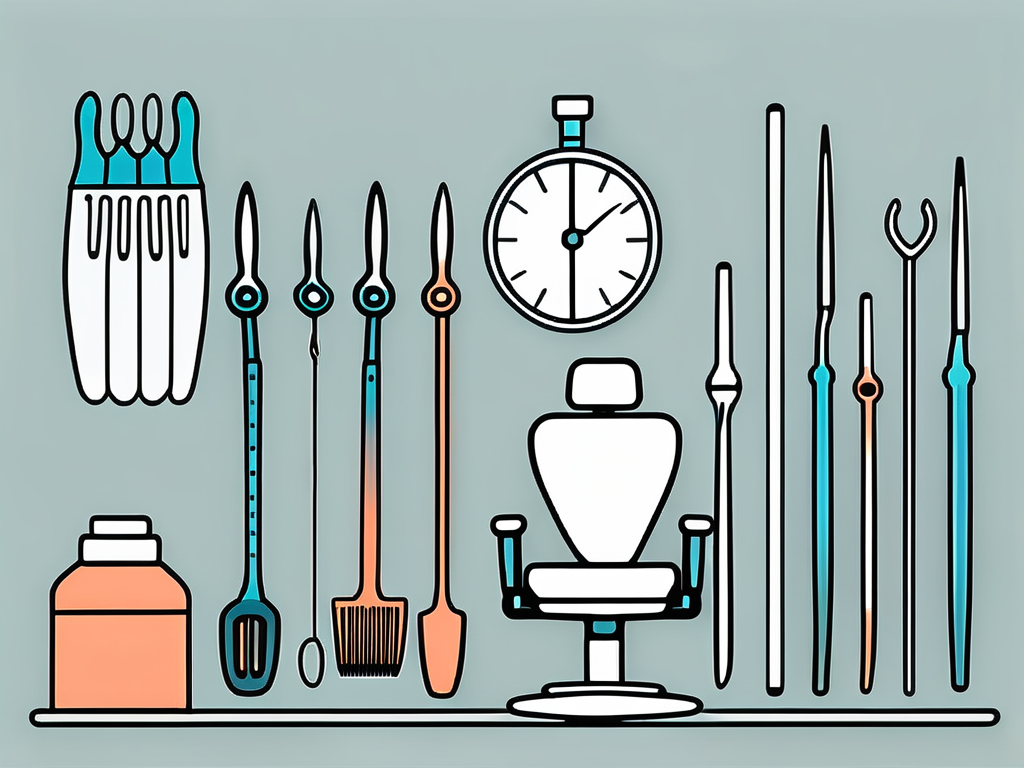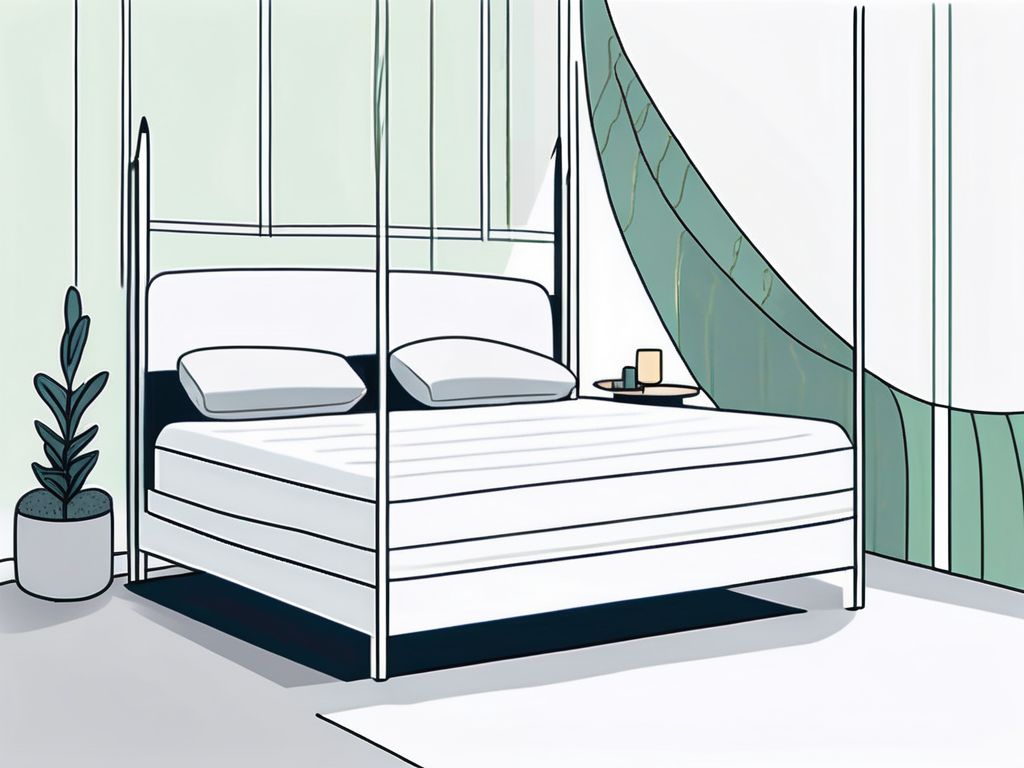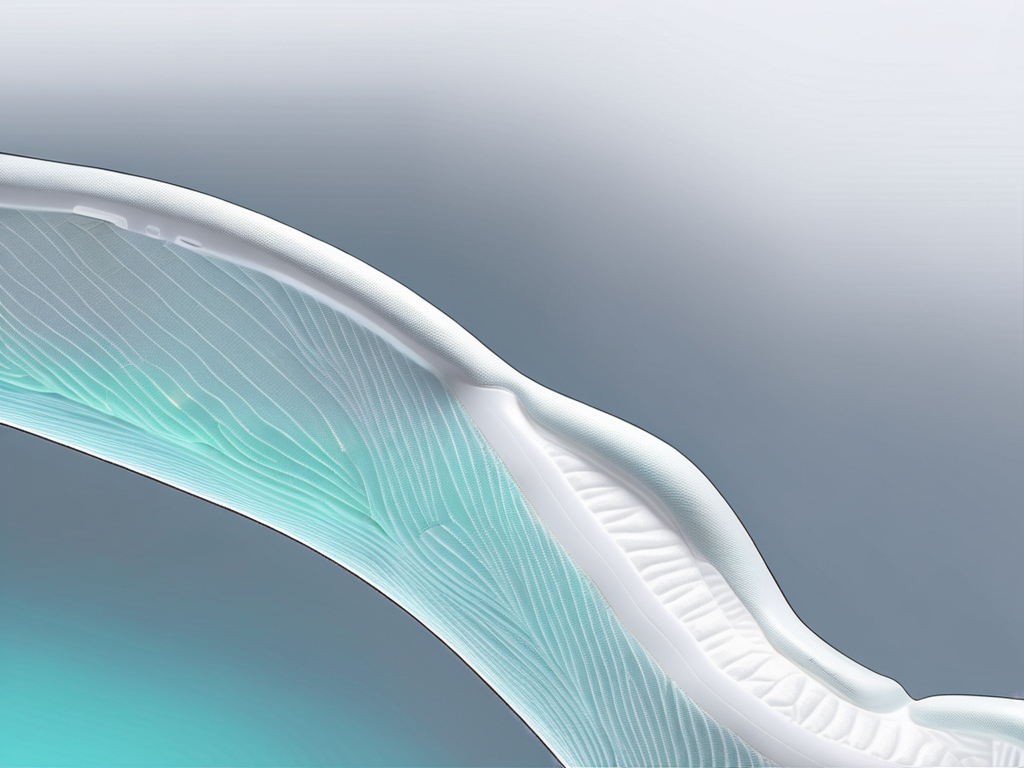Teeth grinding, also known as bruxism, is a condition that affects millions of people worldwide. Many people do not realize they grind their teeth until the symptoms begin to interfere with daily life. Waking up with jaw soreness, experiencing dull morning headaches, or noticing chipped or worn-down teeth are all warning signs. Left untreated, bruxism can lead to severe enamel erosion, chronic jaw pain, and even temporomandibular joint (TMJ) disorders.
One of the most effective ways to protect your smile is with a night guard. But when it comes to choosing the right one, patients often face a common dilemma: soft vs hard night guard. Both types serve the same purpose—preventing damage from grinding—but they differ in comfort, durability, and long-term effectiveness. For some, the decision is further complicated by a third option: hybrid night guards, which combine elements of both.
This guide explores the differences between hard night guard vs soft, compares soft night guard vs hard, and explains how hybrid guards can offer a balance of comfort and protection.
Why Night Guards Are Essential
A night guard is a dental appliance worn while you sleep to create a protective barrier between the upper and lower teeth. Without this barrier, every clench and grind puts extreme pressure on your teeth and jaw. Over time, this repeated stress can lead to:
-
Flattened or fractured teeth
-
Heightened tooth sensitivity
-
Gum irritation
-
Jaw soreness and stiffness
-
Frequent morning headaches
-
TMJ disorders
By wearing a night guard, you reduce enamel wear, ease muscle tension, and prevent long-term complications. That’s why understanding the choice between soft vs hard night guard is critical for anyone dealing with bruxism.

What Is a Soft Night Guard?
A soft night guard is made from flexible, rubber-like material designed to feel comfortable in the mouth. It is most commonly recommended for people with mild bruxism.
The main advantages of soft guards are comfort and affordability. They feel gentle on the gums, making them easier to adapt to, especially for first-time users. Many patients appreciate that a soft guard doesn’t feel intrusive and allows them to fall asleep more easily.
However, soft guards also come with drawbacks. Their cushion-like texture wears down more quickly, meaning they may need frequent replacement. For heavy grinders, a soft guard often doesn’t provide enough resistance, and in some cases, the softness may encourage chewing on the guard, which worsens bruxism symptoms.
What Is a Hard Night Guard?
A hard night guard is crafted from rigid acrylic material and is designed for people with moderate to severe grinding. These guards offer maximum durability and stand up to intense pressure far better than their soft counterparts.
Hard guards are often recommended by dentists for patients who not only grind their teeth but also experience TMJ-related symptoms. Because they provide a precise, custom fit, they can help stabilize the bite, reduce jaw strain, and minimize clicking or popping in the temporomandibular joint.
The trade-off is that hard guards are less comfortable at first. Many patients require a few weeks to adjust to the rigid feel. They are also more expensive than soft guards, which can influence the decision for some people. Still, in terms of protection, a hard guard usually wins in the hard night guard vs soft comparison.
Comparing Soft Night Guard vs Hard
When weighing soft night guard vs hard, it’s important to consider your individual needs:
|
Factor |
Soft Night Guard |
Hard Night Guard |
|
Comfort |
Easier to adapt to, feels gentle on gums |
May feel bulky at first, takes time to adjust |
|
Durability |
Wears down quickly, less suited for heavy grinders |
Lasts much longer, ideal for severe grinding |
|
Protection |
Provides basic cushioning |
Strong defense, helps manage TMJ symptoms |
|
Cost |
Cheaper upfront but needs frequent replacement |
Higher initial cost but more cost-effective long term |
|
Fit |
Can be custom-made, but less precise |
Custom-made with highly accurate fit |
If your grinding is mild and comfort is your top priority, a soft guard may suffice. But for long-term protection and severe grinding, a hard guard is usually the better choice.
Hybrid Night Guards: The Best of Both Worlds
For patients stuck between comfort and durability, hybrid night guards present an appealing alternative. A hybrid design features a soft inner layer that cushions the teeth and gums and a hard outer shell that withstands the force of grinding.
This dual-layer construction makes hybrids an excellent option for people with moderate bruxism who want both comfort and resilience. They are also helpful for patients who struggled to adapt to either a fully soft or fully hard guard.
Benefits of Hybrid Guards:
-
Comfortable to wear thanks to the soft inner lining
-
Durable protection from the hard exterior
-
Suitable for both mild and moderate grinders
-
A good balance between comfort and effectiveness
Drawbacks:
-
More expensive than single-material guards
-
Slightly bulkier than soft guards
-
Availability depends on the provider
Hybrid guards are a strong option in the soft night guard vs hard debate, offering flexibility without sacrificing protection.

Professional vs Over-the-Counter Guards
While many drugstores sell boil-and-bite guards, these one-size-fits-all options rarely provide the same level of protection as a custom-made guard. Over-the-counter guards can feel bulky, irritate the gums, or fail to stop grinding altogether. Some even create new bite issues.
Custom guards, whether soft, hard, or hybrid, are designed to fit your unique dental structure. This ensures maximum comfort, durability, and effectiveness. While the initial investment is higher, the protection they provide against long-term dental damage makes them the smarter choice.
Lifestyle Changes to Support Night Guard Use
Wearing a night guard is essential, but pairing it with healthy habits maximizes the benefits. Stress management techniques such as yoga, meditation, or therapy can reduce nighttime clenching. Maintaining good sleep hygiene, including sticking to a consistent bedtime routine and avoiding caffeine late in the day, also lowers the likelihood of grinding.
In addition, limiting gum chewing and nail biting helps prevent jaw strain, while correcting posture during desk work reduces tension in the jaw and neck. These changes, combined with the right night guard, create a comprehensive approach to managing bruxism.

Final Thoughts on Soft vs Hard Night Guard
So, which option is right for you in the hard night guard vs soft debate? The answer depends on your individual needs:
-
A soft guard is best if you want maximum comfort and have mild grinding.
-
A hard guard is ideal for severe grinding, TMJ symptoms, and long-term durability.
-
A hybrid guard offers a smart middle ground, balancing comfort with strong protection.
When deciding between soft night guard vs hard, remember that the best solution is the one tailored to your grinding severity, comfort level, and budget. Consulting a dentist ensures you get a custom-made guard that truly works for your needs.
👉 Ready to protect your smile and improve your sleep? Explore professional night guard options at ShopRemi and find the guard that’s right for you.













